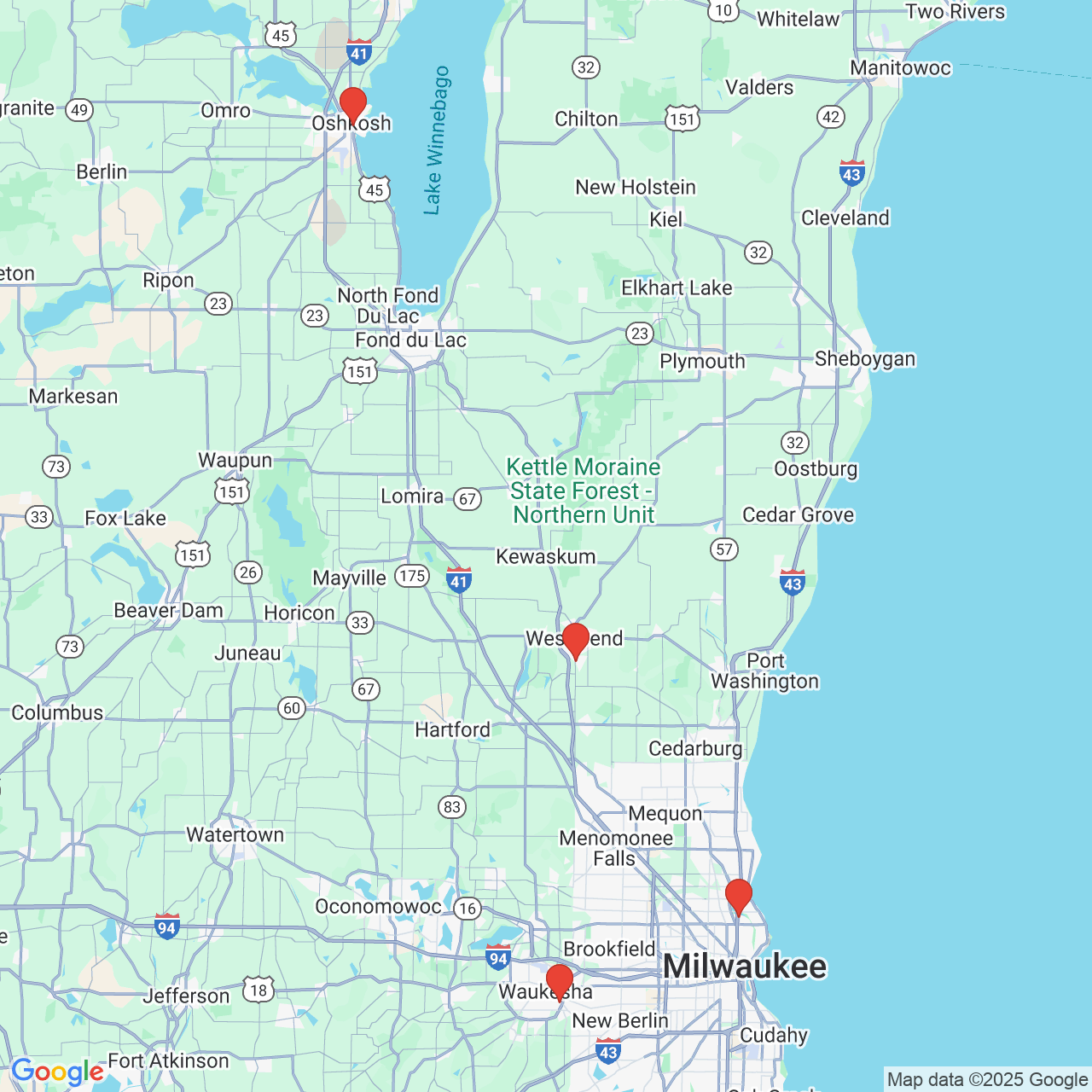State Of Forensic Science Has Not Improved Since The Brandon Mayfield Incident

Brandon Mayfield was a very unfortunate fellow. He is a lawyer from Oregon, now about 49 years old. He served in the Army Reserve and as an Army Officer, in Germany. He is a convert to Islam. He also represented a member of the “Portland Seven,” a group of people convicted of trying to travel to Afghanistan to help the Taliban. A lawyer who represents an adherent to a cause, does not, necessarily, espouse that cause. Most lawyers espouse justice for all, no matter their belief system or their sins.
On March 11, 2004, terrorists attacked the Madrid commuter train system in a series of simultaneous, coordinated bombings. 191 people were killed and about 1800 were people were wounded. Spanish police were fortunate to find a bag containing detonating devices, and the bag had fingerprints. Interpol shared the prints with the FBI, who matched them with Brandon Mayfield. The FBI described the match as “100% verified.”
The FBI spied on Brandon Mayfield, and then arrested him, using a “material witness” warrant. The FBI then leaked his arrest to the press, and it was widely publicized that this young Moslem attorney was complicit in an act of mass murder.
At the same time, Spanish police analyzed the fingerprint evidence and ruled out Mayfield as a match. In fact, Spanish police determined that the so-called Mayfield print belonged to Ouhnane Daoud, an Algerian national, and a known Islamic extremist. Spanish police notified the FBI of their findings, but the FBI still held Mayfield in custody for another 5 weeks. Mayfield was not released and exonerated until a Spanish judge ordered all the documents unsealed, and the story was broken to the press.
Eventually, the FBI settled a series of lawsuits with Mr. Mayfield, and apologized.
How is it that a fingerprint that the FBI concluded was a “100% verified” match with Brandon Mayfield actually belonged to Ouhnane Daoud? The answer to this question reveals the serious problems with the state of forensic science in America, including the forensic breath and blood testing processes used in DUI cases. The fact is, there never was a reliable match to Mayfield. The FBI found Mayfield to be one of 20 possible matches, and assumed he was the culprit based on his belief system. Then they overstated the reliability of the fingerprint evidence.
Criminal defense and DUI defense lawyers who deal with forensic (scientific) evidence see this sort of thing constantly. In Wisconsin, the state still refuses to admit any flaws in the blood testing procedures, despite the repeated appearance of unexplained anomalous test results, known as "jagged humps". The reasons for this are political and financial, not scientific.
In 2009 The National Academy of Sciences (an agency of the United States Congress) issued their Report on the State of Forensic Science in America. It was a damming indictment of sloppy procedures, false results, unproven assumptions, and false convictions. The Academy made a broad series of recommendations. For example, they recommended that forensic science conclusions must contain something called an “uncertainty budget.” That is, instead of using puffery and language like “100% verified,” scientific measurements should contain a statistical analysis of their reliability. So, a correct way of stating a blood test result in a DUI case would be, “the blood test result is .10 g/ml, +/- .005 to a 99.% certainty.” This is similar to a margin of error analysis, but it is a bit more sophisticated. It would easy to do, as it’s done routinely in almost all other branches of science. The government would shut down a food safety or a pharmaceutical laboratory if it failed to meet that standard.
So, what has changed in the last 6 years since the release of the landmark report from the Academy? Almost nothing. The state of forensic science is deplorable. I suspect that there are “Brandon Mayfields” happening every day, and they simply go unnoticed. In Wisconsin, there are tens of thousands of questionable blood test results, and they are going unscrutinized.
A few years ago, a group of dedicated lawyers discovered a series of errors occurring in a blood test laboratory in Tucson, Arizona. The errors were caused by a malfunction in the Tucson laboratory’s blood test machines (coincidentally, the same type in use in Wisconsin). A group of these cases was recently argued before the Arizona Supreme Court, by my good friend and colleague, Attorney Joseph St. Louis. The Arizona Court will decide whether or not the blood test results will even be allowed into evidence, or whether the Arizona lawyers will fight the issue “one jury at a time.”
Here in Wisconsin, we are fighting on the other end of the field. We are struggling just to be allowed to present evidence of defective blood test procedures to the jury. The lessons of the Brandon Mayfield case are still being learned.


